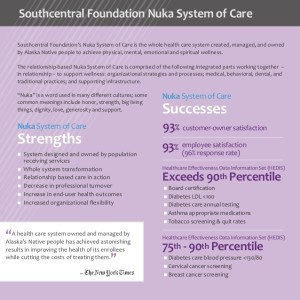The US Supreme Court upheld a key provision of The Affordable Care Act today. By a 6-3 margin they allowed people who could not afford insurance, to get a subsidy to help offset the cost of insurance.
Without this key act, there would be no way for many of these people to afford health insurance policies.
Those who oppose Obama-care in general are happy that this provision was approved, had it not – it would have meant finding an alternative for these individuals. Here’s where the opponents of Obama-care may have a point – the answer isn’t just complete coverage, because sometimes that can lead to a less desirable delivery of care (see below).
The Affordable Care Act has come under a lot of fire but so far the results have been better than expected:
- Today 16 million more Americans are insured because of its various provisions.
- Healthcare costs have not increased as predicted by opponents of the law.
- In spite of early computer glitches, it is fairly easy to enroll today.
- The act uses the marketplace for insurance plan subsidies.
- Personal bankruptcy for health costs have decreased.
What needs to be done:
Coverage is one small step in healthcare revolution, however it isn’t the only step.
The major key is changing healthcare to a relationship based model, much like Southcentral Foundation’s Nuka program. This program increased coverage with decreased cost (50% less ER visits). Southcentral Foundation took over the primary care of 65,000 Alaska Natives from the inefficient Indian Health Service, they have (a) provided same day access to primary care physicians (b) improved customer satisfaction (c) developed an atmosphere where patients are more involved (compliant) with their healthcare – all while decreasing costs. At the time full coverage was a disaster until local control and changes in the system were made. Oh – they won the Malcolm Baldridge Award in 2011 for healthcare.
Southcentral Foundation Nuka System of Care from Producergirl Productions on Vimeo.
The current healthcare law is step one – but with some ER visits increasing, it points to the lack of developing relationships with primary care physicians.
Pharmaceutical costs need to get under control – the ability to change patent laws in the US and the ability to negotiate for competitive prices must be instituted.
Big Pharma: Direct to Consumer Marketing is Unethical They spend more on that form of marketing than on research and development- these advertisements should not be allowed, as they have led to increased costs. Plus, it points out that the higher costs for drugs in the US are not because of recouping research costs.
Today is a victory – but it is a small step. Our healthcare system is sick, however we do have answers to help it.

